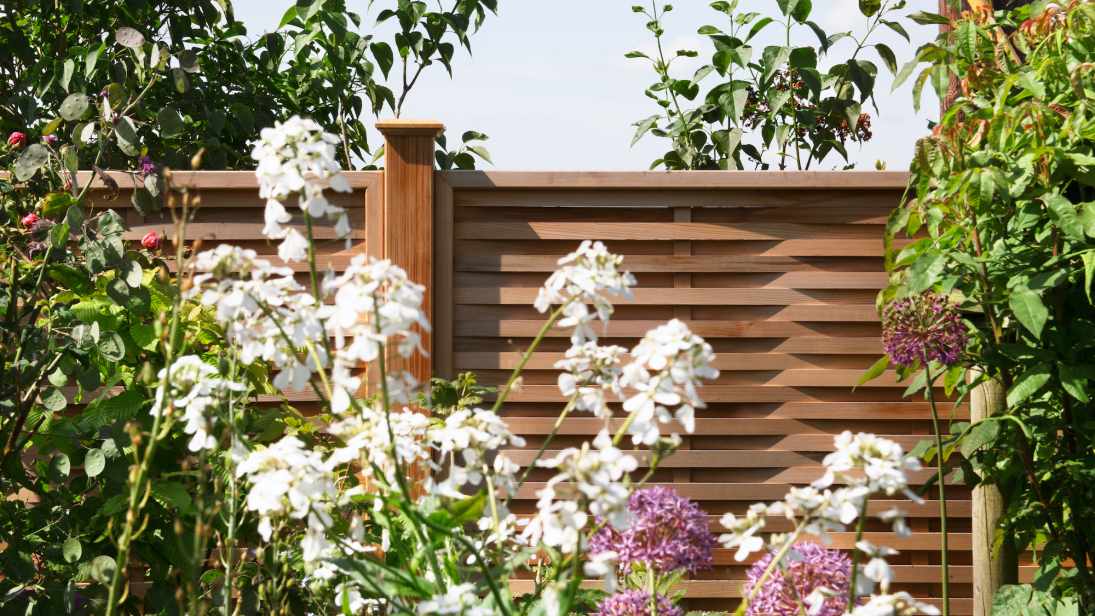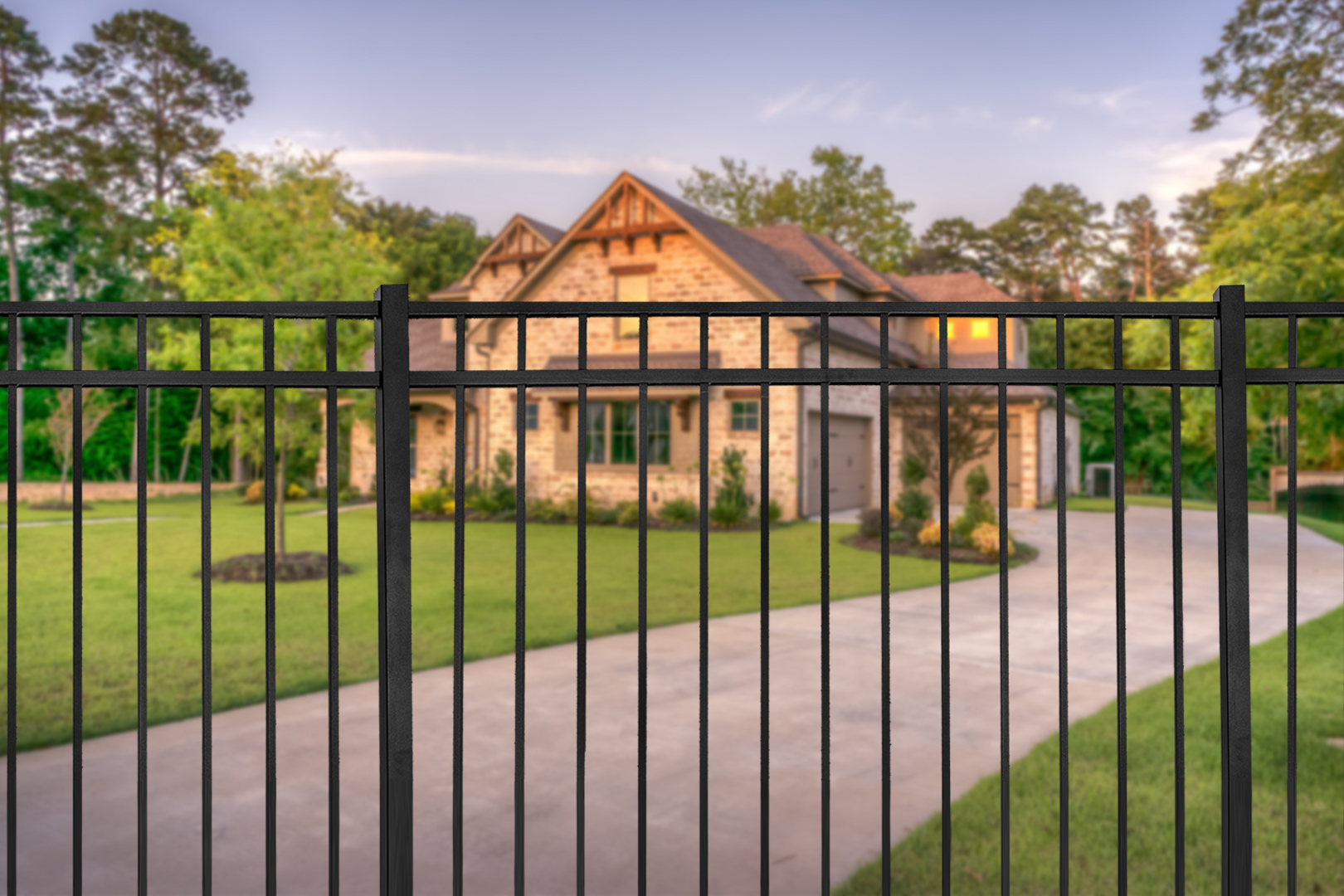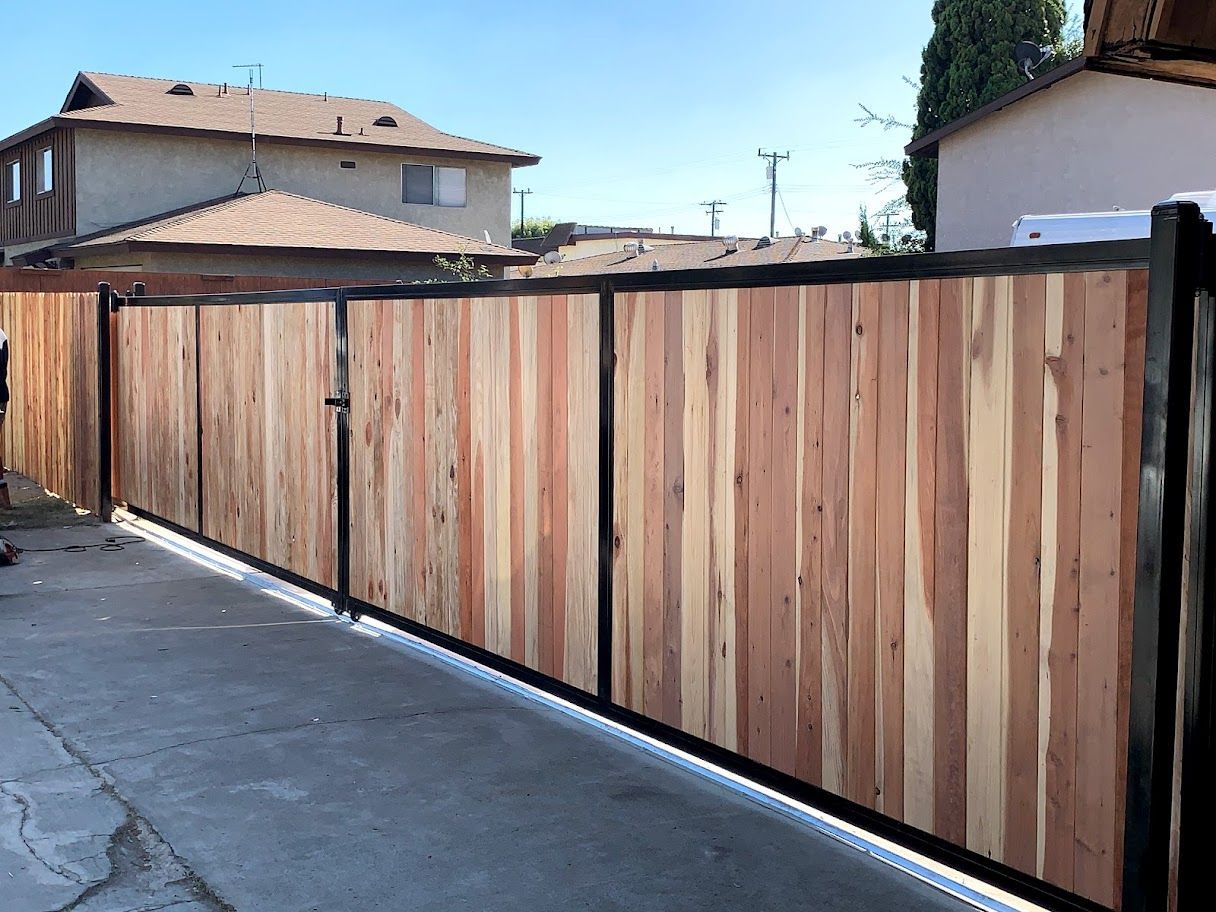All Categories
Featured

Selecting the appropriate fence material is important for accomplishing the balance of longevity, aesthetic appeals, and functionality that fits your building. Timber, plastic, and aluminum are preferred options, each with one-of-a-kind functions that satisfy specific demands. Right here's a comprehensive check out the advantages and downsides of these three materials.
Timber Fence. Pros:. Classic Allure: Wood provides an all-natural, classic appearance that complements numerous building designs. Adjustable: It can be painted or stained in a range of layouts and shades. Budget friendly: Timber fencings are typically less costly upfront than plastic or light weight aluminum. Eco-Friendly: As a renewable source, wood is naturally degradable and sustainable when sourced properly. Disadvantages:. Maintenance-Intensive: Calls for normal staining, painting, or sealing to secure against weather condition and pests. Much Shorter Life Expectancy: Depending upon the sort of wood and environment, it usually lasts 10-15 years. Vulnerability to Damage: Prone to rotting, bending, and termite damage without proper treatment. Timber is perfect for homeowners who value appearances and want to spend effort and time in maintenance to extend its life.
Vinyl Fence. Pros:. Long lasting: Resistant to parasites, rot, and weather, plastic preserves its framework in rough conditions. Reduced Maintenance: Needs little upkeep past periodic cleansing. Lengthy Life expectancy: Vinyl can last 20-30 years without substantial wear or damage. Functional Styles: Readily available in different colors, structures, and styles, including choices that mimic timber. Disadvantages:. Pricey Installation: Vinyl fencings are a lot more costly to set up compared to wood. Weak in Cold Climate: Vinyl can crack in extreme cold environments. Hard to Repair work: If harmed, entire areas might need replacement, which can be testing to match. Vinyl secure fencing is a fantastic choice for those focusing on longevity and marginal upkeep, also if it comes with a higher ahead of time price.

Light Weight Aluminum Secure Fencing. Pros:. Rust-Resistant: Light weight aluminum does not rust, making it ideal for damp or damp areas. Solid however lightweight: Deals strength without being overly hefty, which streamlines installation. Reduced Upkeep: Calls for little bit greater than cleansing and occasional repainting. Long life: Aluminum fencings can last for years without significant deterioration. Stylish Designs: Typically made use of for decorative functions, light weight aluminum adds class to any kind of residential property. Cons:. High Preliminary Price: Aluminum fences are amongst the extra costly alternatives. Minimal Personal privacy: Commonly created with open spaces, they don't block sights or sound. Susceptible to Dents: While tough, aluminum can be dented or curved with hefty impact. Light weight aluminum is best fit for those who desire a durable, fashionable fencing and do not require full privacy.
Making the Right Selection. Each material has its staminas and weak points:

Timber is ideal for typical aesthetics and eco-conscious customers that don't mind upkeep. Vinyl benefits homeowners looking for a weather-resistant, low-maintenance option. Aluminum is a resilient, attractive option for those who want elegance and long life. Consider your concerns-- whether it's expense, appearance, upkeep, or personal privacy-- and seek advice from a secure fencing professional to select the material that ideal meets your demands. A well-selected fence will certainly enhance your residential or commercial property for years ahead.
Latest Posts
Take Advantage of Special Auto Repair Deals in Chicago at Montclare Auto Repair
Published May 31, 25
1 min read
Check Out the Greatest Auto Repair Discounts in Montclare, Chicago
Published May 26, 25
1 min read
Find Out Why Chicago Drivers Select Montclare Auto Repair for Reliable Service and Huge Savings
Published May 25, 25
1 min read
More
Latest Posts
Take Advantage of Special Auto Repair Deals in Chicago at Montclare Auto Repair
Published May 31, 25
1 min read
Check Out the Greatest Auto Repair Discounts in Montclare, Chicago
Published May 26, 25
1 min read
Find Out Why Chicago Drivers Select Montclare Auto Repair for Reliable Service and Huge Savings
Published May 25, 25
1 min read